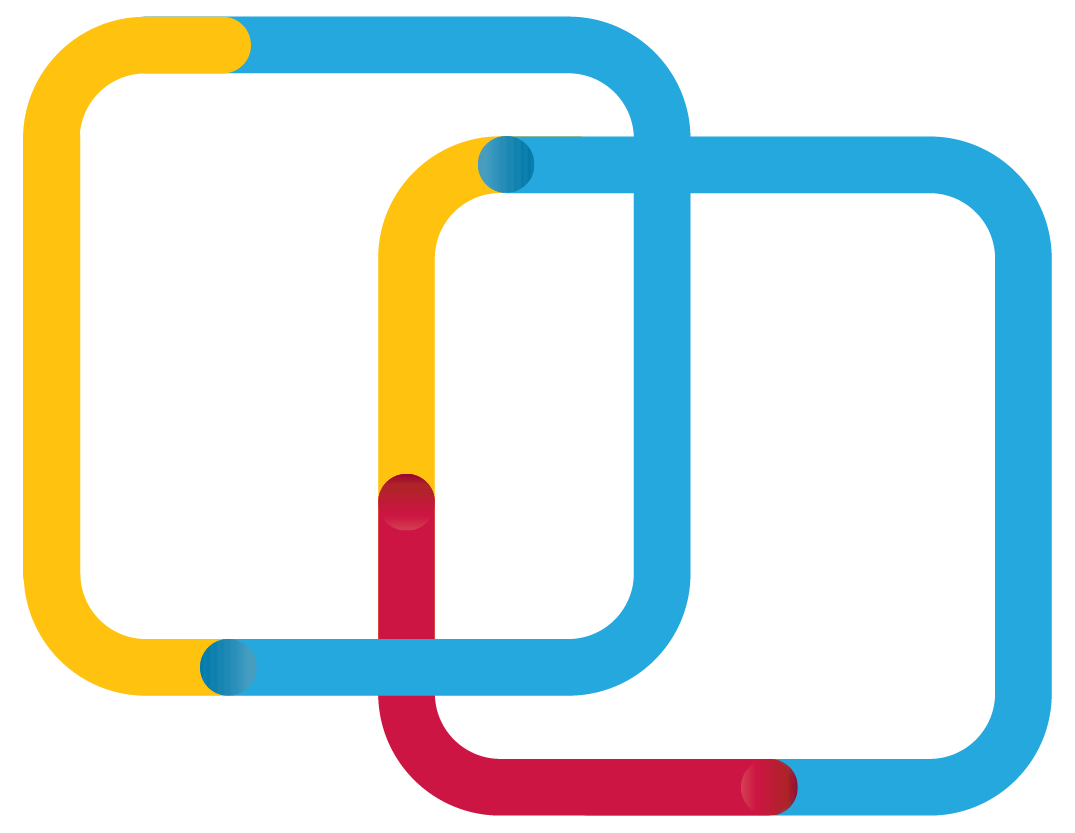Motivational Interviewing

Transform your practice, empower your clients, patients, students and other groups you serve, and improve outcomes
Motivational interviewing (MI) is a collaborative, goal-oriented method of communication that focuses on the language of change. It is designed to help strengthen an individual’s motivation for and movement toward a specific goal by eliciting and exploring the person’s own arguments for change.
Why MI?
The evidence to support MI is immense. There are over 2,500 peer-reviewed publications, 250 clinical trials and several meta-analyses that cite the use of a motivational approach for a wide range of behavior changes. When compared to other evidence-based interventions, MI is at least equal, and there is no dose response requirement for MI training. Thus, any training in MI is likely to improve the skillfulness of the participants. Dozens of studies show the following themes:
- Change effects are rapid and durable over time.
- MI has been tested with diverse populations, with favorable outcomes.
- When integrated with other evidence-based practice, MI can lead to synergistic and more favorable outcomes than a stand-alone approach.
- MI is as effective, on average, as more intensive and lengthy treatments.
Who uses MI?
Motivational Interviewing is used by a range of professionals, including but not limited to:
- Psychologists, counselors, therapists and behavioral health specialists
- Social workers, case managers and human services providers
- Student affairs and youth services professionals
- Educators
- Correctional workers
- Prevention specialists
- Managers and supervisors
- Physicians, nurses, other health care and allied health care providers
- Health and allied health undergraduate and graduate students
Sign up to receive updates on UW–Madison Continuing Studies Motivational Interviewing

Our training philosophy
UW–Madison’s MI courses are taught by members of the MINT (Motivational Interviewing Network of Trainers) who are committed to teaching MI to fidelity. Our training goals include increasing the learner’s capacity to use and continue to practice this complex, evidence-based approach to behavior change. Increasing skillfulness with MI contributes to increased engagement, clearer focus, and a higher likelihood that clients/patients/students/staff will resolve their ambivalence and move in the direction of change.
MI training for every level
Building Motivational Interviewing Competency
Learner level: Beginner
This 30-hour certificate program focuses on the MI skills of engaging, focusing, evoking and planning. The program includes 12 hours of live online sessions, 18 hours of self-study in a learner management system (with weekly assignments) and one practice session with peer feedback and two practice sessions with instructor feedback. Participants who successfully complete all course requirements will earn a noncredit Building MI Competency certificate.
This program is for you if:
- You’ve had little to no experience in MI
- Your most recent experience with MI occurred more than 12–18 months ago
- Your experience with MI was limited to a short workshop
Advancing Motivational interviewing Skills
Learner level: Intermediate to advanced
This 20-hour course is for participants with previous MI experience who want to strengthen their existing skill set. You’ll learn further knowledge and skills to recognize client change talk, sustain talk, and discord; employ strategies for effective responses; distinguish signs of readiness for planning; and employ strategies for testing the waters of change. It includes 12 hours of live online sessions, 8 hours of self-study in a learner management system, one practice session with peer feedback and two practice sessions with instructor feedback.
This course is for you if:
- You’ve had 8–20 hours of previous MI training
- You have general knowledge of MI fundamentals: OARS (open-ended questions, affirmations, reflections and summaries) and the Spirit of MI
- You want to improve your technical skills of guiding a client towards change
- You have technical MI skills of guiding a client towards change
The trainers Laura and Adrienne are awesome, and Ashley kept the course well organized. I really enjoyed the live Zoom sessions. They were a great opportunity to practice the material. The readings were helpful as were the worksheets.
Spring 2023 participant
Building MI Competency Certificate
Have any questions?
Contact Ashley Kuehl at [email protected].
